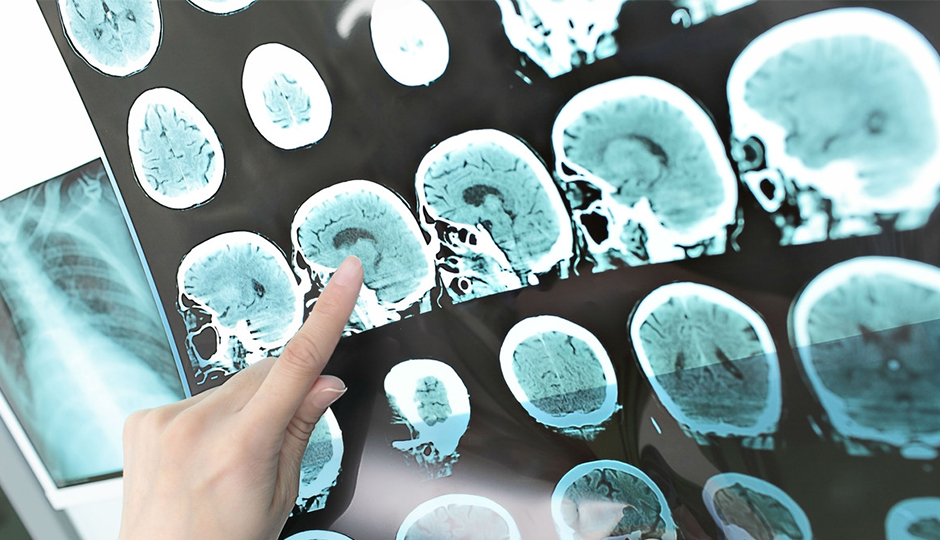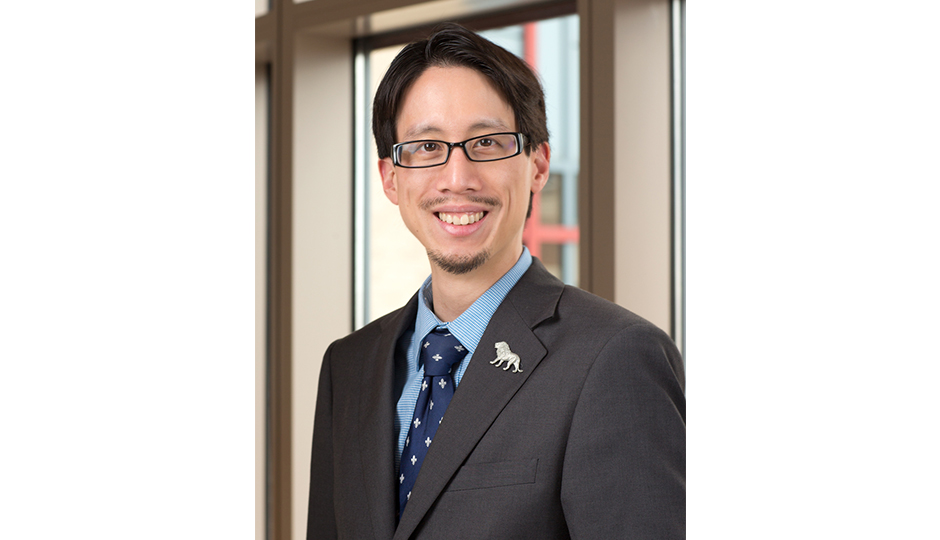Stroke—Not Just For 55+: Helping Young Adults Move Forward
It can come out of nowhere. It can happen at any time. And, it can happen to anyone – the very fit, non-smoking vegetarian or someone who hasn’t had the healthiest lifestyle. More importantly, it can happen in the prime of one’s life: when you’re rising through the ranks at your workplace, when you’re completing your studies, or when you’ve just had a baby. Once thought to be a medical consequence of aging or poor diet, a stroke can actually happen at any age. Furthermore, the proportion occurring in young adults (aged 18-55) appears to be rising.
Young stroke victims often ignore the symptoms of stroke, especially if they are initially subtle, leading them to miss important treatments in the first few critical hours. They often attribute their symptoms to anything else: being tired, dehydrated, stressed, or having low blood sugar, an ordinary headache, or a stretched muscle or nerve. And, because they look young and healthy, doctors often don’t consider stroke as a potential cause of their symptoms.
“There is a brief window for emergent medical treatment when one is having a stroke,” says Lester Y. Leung, MD, a vascular neurologist at Tufts Medical Center and founder of the Stroke and Young Adults (SAYA) Program. “For ischemic stroke, you only have 4.5 hours from the onset of symptoms to get to the hospital and be treated with t-PA, the ‘clot busting drug,’ or 6 hours to have a large clot removed with a wire catheter.”
An ischemic stroke is a serious health condition that occurs if the flow of oxygen-rich blood to a portion of the brain is blocked. Without oxygen, two million brain cells die every minute. A second type of stroke, intracerebral hemorrhage, occurs when a blood vessel ruptures, causing bleeding into the brain. While people can recover from both types of strokes, they can sometimes worsen very quickly in the first few hours or days, sometimes leading to severe disability or death.
Dr. Leung asserts that stroke hits young adults especially hard. “They are often parents taking care of their children or their own elderly parents, and now they suddenly need to ask others for help,” said Dr. Leung. “Many want to return to work that they enjoy and shape their identities.”
Most strokes do not result in death, and most young adults who suffer from a stroke will recover. However, many will be left with some disability, persistent symptoms, or delayed complications: difficulty speaking, difficulty walking, difficulty seeing in part of their vision, stiffness or pain in their limbs, lightheadedness and dizziness, headache, fatigue, concentration and memory problems, seizures, depression and anxiety. This can slow them down, and keep them from fulfilling their dreams.
The SAYA program is a comprehensive, longitudinal care program that aims to help young adult and pediatric stroke survivors navigate their lives after stroke. Be it managing a major or minor disability, or helping prevent future strokes and complications of stroke, the program provides individualized risk and symptom management and counseling on stroke survivorship. Moreover, there is a patient and family support system where other people recovering from a stroke at a young age can offer moral support and guidance.
Typical current models for treating and guiding individuals after their strokes often do not account for long-term survival. According to Dr. Leung, patients are often referred to a rehab or nursing home where they sometimes become depressed and hopeless about their prospects to return to a more normal life. His aim is to do just the opposite. “You do not have to downscale your ambitions and dreams,” said Dr. Leung. “Together, we will aim to help you live a full life: happy, strong, and more than just a victim of stroke. You are a stroke survivor, and you are not alone.”
The SAYA Program at Tufts Medical Center in Boston, MA is constantly growing and seeking to help more stroke survivors. The program offers assistance to patients and families immediately after a stroke but is unique in its ability to offer lifelong management and support. Please visit www.tuftsmedicalcenter.org/saya if you are a stroke survivor, know someone one who might benefit from our program, or just want to learn more about stroke and the services Tufts MC provides.
If you think you or someone else is having a stroke, call 9–1–1 right away. Do not drive to the hospital or let someone else drive you. Call an ambulance so that the on-site medical personnel can prepare life-saving treatment on your way to the emergency room. During a stroke, time is brain: every minute counts!
This is a paid partnership between Tufts Medical Center and Boston Magazine




